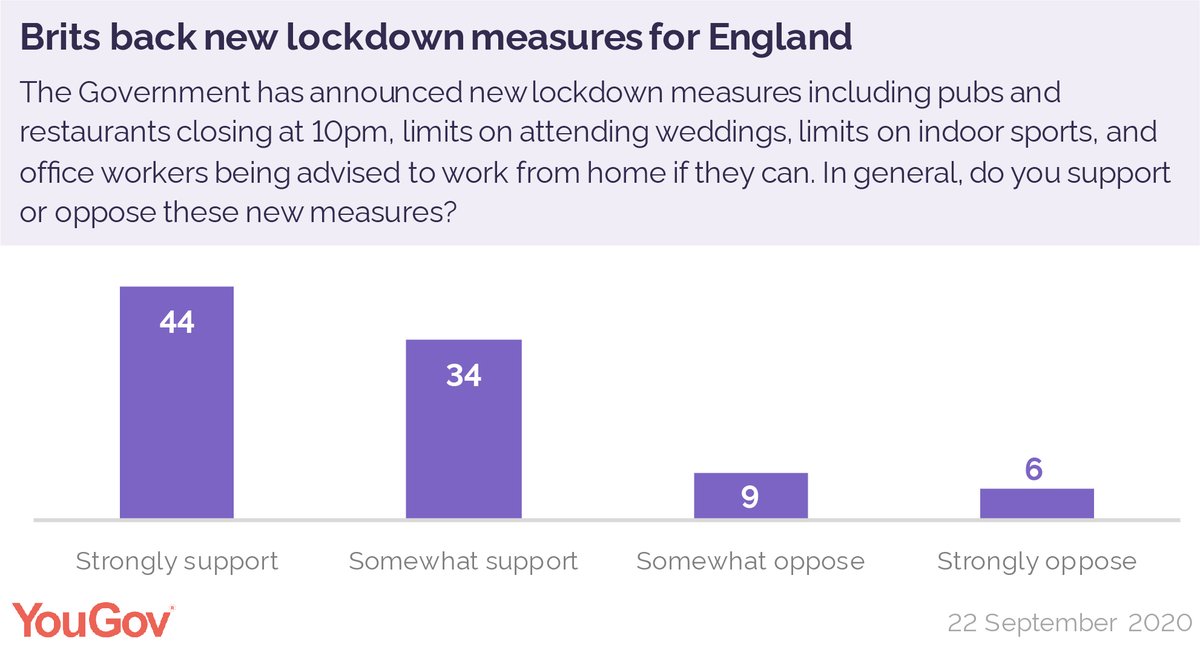Collective action problems and Covid: a thread.
Many people, rightly, point out that Covid is not just a matter of individual choice, because it is a negative externality. Mary& #39;s behaviour affects John whether he likes it or not, because he can catch the virus from her.
Many negative externalities can be addressed privately.
In Manhattan, a tower was going to block the view of some loft owners. So the loft owners paid the developer $11m not to build there. Ronald Coase, who won the Nobel for this, would be proud. https://www.nytimes.com/2019/07/22/nyregion/manhattan-real-estate-views-air-rights.html">https://www.nytimes.com/2019/07/2...
In Manhattan, a tower was going to block the view of some loft owners. So the loft owners paid the developer $11m not to build there. Ronald Coase, who won the Nobel for this, would be proud. https://www.nytimes.com/2019/07/22/nyregion/manhattan-real-estate-views-air-rights.html">https://www.nytimes.com/2019/07/2...
When it& #39;s too difficult for the affected parties to deal with each other, like when someone is polluting the air, you may need the state to get involved.
That& #39;s an obvious reason you might want the govt to intervene to limit the spread of the coronavirus.
That& #39;s an obvious reason you might want the govt to intervene to limit the spread of the coronavirus.
But there& #39;s another reason too: the difficulty of *collective action*.
Collective action problems exist when everyone (or almost everyone) might want to do something, but they can& #39;t trust each other not to cheat.
And for the agreement to work, it& #39;s all-or-nothing.
Collective action problems exist when everyone (or almost everyone) might want to do something, but they can& #39;t trust each other not to cheat.
And for the agreement to work, it& #39;s all-or-nothing.
Sea fisheries are a real-life example of this. All fishermen would be better off if they could all agree not to catch too much cod, to keep stocks high.
But they can& #39;t be sure other fishermen won& #39;t be greedy, so *all* have an incentive to overfish now while they still can.
But they can& #39;t be sure other fishermen won& #39;t be greedy, so *all* have an incentive to overfish now while they still can.
This is a "tragedy of the commons". The prisoner& #39;s dilemma is another example - you cannot be sure the other guy won& #39;t snitch, so you better snitch too, even if you& #39;d both be better off staying quiet.
Imagine that game with a hundred prisoners where one snitch ruins you all.
Imagine that game with a hundred prisoners where one snitch ruins you all.
Now: Covid. One proposal is to relax distancing measures and let people decide for themselves what they want to do.
If you& #39;re over 60 and don& #39;t want to risk dying, you can self-isolate until the vaccine comes. Everyone else can go back to normal.
If you& #39;re over 60 and don& #39;t want to risk dying, you can self-isolate until the vaccine comes. Everyone else can go back to normal.
Sounds nice, except for the 12m+ people who would be self-isolating for months, with an increased risk of death anyway since (as we saw with care homes) true isolation is really, really hard to achieve.
But anyway - it also ignores the collective action problem.
But anyway - it also ignores the collective action problem.
*Everyone* is worse off in this scenario than in another where the virus is suppressed altogether, just like the fishermen: getting Covid sucks even if you don& #39;t die, and may cause permanent organ damage, we don& #39;t know. And nobody wants their older loved ones to die.
So, in this "individual choice" scenario, we have a tragedy of the commons.
Most of us would be willing to distance from others, if we knew *they* would do the same.
But how do we agree to that privately, knowing that *everyone* would need to sign up for it to work?
Most of us would be willing to distance from others, if we knew *they* would do the same.
But how do we agree to that privately, knowing that *everyone* would need to sign up for it to work?
In this case, since it requires the whole country to sign up, we can& #39;t. It& #39;s a collective action problem. So we need the state to step in and enforce those rules, like it enforces fishing quotas to prevent overfishing.
These rules might be things that *everyone* would sign up to, in principle. In that case it& #39;s really a no-lose situation. A ban on private ownership of nuclear weapons may be an example of this.
In reality, some people do object. That& #39;s where democracy is needed to weigh up their wishes against other people& #39;s, to see which group is bigger - the ones who want these rules, or the ones who want to take their chances and let others self-isolate.
As it turns out, a huge majority of the UK favours the distancing rules the govt has put in place. 78% support the new rules, inc 45% who want the govt to go even further. Only 17% oppose them. https://yougov.co.uk/topics/politics/articles-reports/2020/09/23/brits-support-new-lockdown-rules-many-think-they-d">https://yougov.co.uk/topics/po...
It& #39;s your right to disagree, of course.
But it is not a matter of individual action, but *collective action*. An alternative state of affairs that gives the 17% their way means the 78% *cannot* have their way. It& #39;s all-or-nothing.
But it is not a matter of individual action, but *collective action*. An alternative state of affairs that gives the 17% their way means the 78% *cannot* have their way. It& #39;s all-or-nothing.
To summarise: When a disease is invisible, infectious and lethal, individual action is not enough. You cannot escape the need for a *collective* decision on Covid. And, in the UK at least, most people want to avoid catching Covid, and avoid their relatives dying of it.
/end
/end

 Read on Twitter
Read on Twitter


